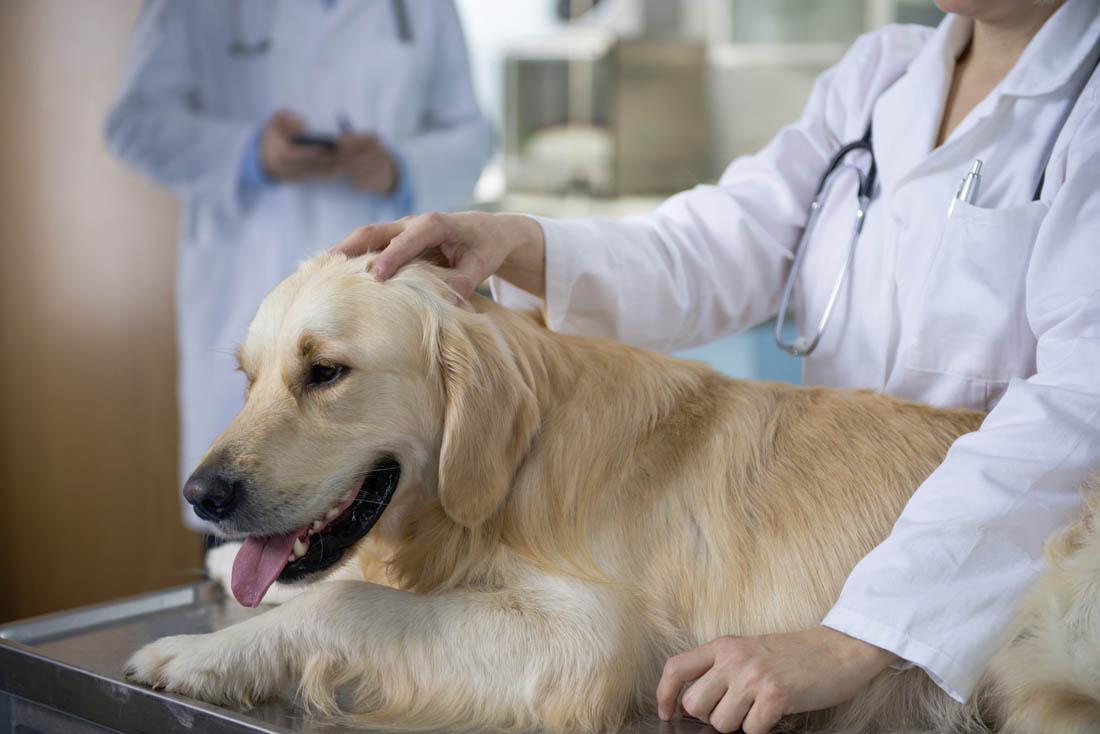Do you love animals? Are you considering a career as a pharmacy technician (or are you already a pharmacy tech but are looking for new opportunities)? Why not consider becoming a veterinary pharmacy technician…
Veterinary pharmacy technicians work in pharmacies at animal clinics, animal hospitals, at university veterinary teaching hospitals and other workplaces. Also some pharmacies that fill prescriptions for “human patients” may also have pharmacists and pharmacy technicians trained to meet the animal medication needs.
Veterinary Pharmacy Technician Spotlight
According to Foster Animal Hospital’s website, pharmacy technician Lesley started working at their Resort and SPAw (they have a resort and SPaw for animals!) back in 2003. Then, Lesley began working half of her work day in the pharmacy when it was added to the to the Concord, North Carolina animal hospital. In 2008, she assumed the full time role as the pharmacy’s inventory clerk. That same year she wrote the national exam to become a Certified Pharmacy Technician after completing pharmacy tech training at Rowan Cabarrus Community College.
“Even though she enjoyed working closely with the Resort guests, she has found another love,” states Foster Animal Hospital’s website. “She enjoys being able to provide the best service to your pets by ensuring that Foster Animal Hospital dispenses only the safest, highest quality medications to your furry friends.”
A Day in the Life of a Veterinary Pharmacy Technician
Veterinary pharmacy technician duties will vary from day to day, and workplace. Some typical job functions include greeting animal patients and their human owners, entering patient information into the computer system, processing transactions, restocking and inventory, communicating with a variety of staff at the clinic or hospital and helping ensure that the overall operations of the veterinary pharmacy run smoothly.
Some veterinary pharmacy techs will even fill the actual prescriptions under the supervision of the pharmacist.
In a hospital setting, the technician may deliver the medications to veterinarians and their inpatients, so it is important to be comfortable with potentially observing procedures being performed on animals. Some veterinary pharmacies are 24-hour emergency settings so work hour schedules may vary and may involve flexibility on the part of the technician.
Finally some veterinary pharmacies compound medications, and depending on the workplace, a pharmacy technician may be trained to assist. Often medications must be adapted for pets, such as modifying dosage or changing the flavour so that animals are more willing to ingest it. Pharmacy technicians may have to communicate with pet owners to find out about their concerns and discuss alternatives that work best for their animals.
“In fact, many medications made for humans must be adapted for use in animals, said Kathleen M. Taylor, RPh, FACVP, a veterinary pharmacist at Animal Pharm, Scituate, Massachusetts. She once got a call from a Boston museum about a tamarin monkey who had a bad infection. The monkey was refusing to take its antibiotic, until Taylor produced a marshmallow flavored version.” ~ Medscape article by Jacqueline H. Kostick, PharmD (November 17, 2006).
Employment Requirements
Requirements for becoming employed as a veterinary pharmacy technician again depend on the employer. Often completing a pharmacy technician program and pharmacy tech certification is preferred, if not required. Other employers may seek those with previous related experience or that have completed coursework in biomedical sciences or a health-related field. As with any pharmacy technician position, licensure or registration requirements depend on the state you are working in. The best thing to do is contact animal hospitals and clinics in your area to find out about their exact requirements.
If you are already a pharmacy technician, you might consider completing continuing education courses related to veterinary pharmacy that are offered by the American College of Veterinary Pharmacists/American College of Apothecaries or some universities and colleges.
Other requirements may include the ability to stand for long periods of time as well as crouch, reach and lift a medium weight (i.e. 30 to 40 pounds). Multitasking, communication, computer and customer service skills are essential, as is the ability to work both independently and as part of a team.
Naturally, the most important requirement is being comfortable with animals!



